Final Fantasy is a franchise that essentially created the template that all RPGs follow. Since the original title on the NES, this series has grown and evolved drastically. Final Fantasy is now a name firmly entrenched in pop culture for the last three decades.
This author has played every title, including spin-offs such as Final Fantasy Tactics. Below is our definitive ranking of Final Fantasy titles, from our least favorite what we think is the best Final Fantasy game.
Final Fantasy

The hallmarks of a Final Fantasy game began in this first outing. Jobs, the Warrior of Light, crystals, you name it, this game has it. When this was released on the NES, it was abundantly clear a new type of RPG was created — one that was very different than the Dungeons and Dragons-influenced PC titles in the 80s.
Final Fantasy XII

Final Fantasy XII was the last entry on the PlayStation 2 and was far more ambitious than earlier entries. The tale it told was a dark, politically infused story with drama and multiple lead characters. It was also one of the first games in the series to share the same world with another title, Final Fantasy Tactics. The Gambit system for controlling AI was in-depth, but this game isn’t perfect. It features a few absurd design choices, such as being able to miss out on powerful late-game weapons because you opened a random chest in the first two hours of gameplay. Still, despite these frustrations, this remains one of the best games in the franchise.
Final Fantasy X

Final Fantasy X was the first “next-gen” entry of the PlayStation 2 era. Square-Enix surprise-released this game in time for Christmas, blowing everybody away. It was also the first fully-voiced game in the series, which has spawned some legendary memes over the years since. Laughing Tidus aside, the memorable cast of characters and haunting score created a title that still holds up well today.
Final Fantasy XI

Final Fantasy XI was the first online MMO in the series. At the time, it was bold and overtly ambitious to a degree. It launched on the PlayStation 2, requiring its own hardware add-ons to even function. Thrusting a beloved series on a fanbase not accustomed to games such as Everquest caused many fans to become upset. Many fans of the series at that time could not get over the fact that this game required an online connection, and a monthly fee just to experience the next chapter in the saga. Once you put aside those grievances, Final Fantasy XI proved that the series can work in an online capacity, and it’s still being updated 20 years later.
Dissidia 012 Final Fantasy

Dissidia was the first spin-off of the core Final Fantasy games that spoke to my interests. Dissidia was a one-on-one arena fighter that featured a massive story, flashy graphics, and many great characters. It featured Lightning and Cloud and returned to the original games with the Warrior of Light and Garland. The story was vast, and the campaign featured in-depth RPG mechanics that many fighting games lacked at the time.
Final Fantasy VII

The first entry on PlayStation represented so much more than itself. It was the first RPG on a disc, the first 3D entry, and it even had CG cinematics for the first time. It was also considered a betrayal by Nintendo fans when it infamously left the Nintendo 64 behind in favor of Sony’s debut console. It’s the game that made many fall in love with turn-based combat and the hidden secrets and summons funded strategy guides for years to come. The lasting impact of the themes and characters in Final Fantasy VII is keenly felt today, with new remasters and remakes still hitting shelves.
Related: Final Fantasy VII Rebirth revealed, with open-world details, story beats, locations, and more
Final Fantasy VI

Final Fantasy VI was a pretty dark and dreary story compared to earlier games up to this point. It’s a theme that would further evolve in VII, but VI created the template. Celes and the Magitek armor are iconic to the series, and her design and story were told in a non-linear fashion. Kefka was a great villain and very different than a typical dark knight style of character. The job system was in-depth, and you can suplex at one point. Not much more needs to be said after a feat like that.
Final Fantasy IX

Final Fantasy IX was the last PlayStation 1 game and took a different approach to its character design compared to VII and VIII. The chibi style returned, and Zidane was the star of the show. It was a light, more whimsical tale that ends up with you saving the world, but not with the grandiose nature the series is known for. The cast of playable characters is also a standout, with Steiner being a favorite.
Final Fantasy XIV

This was Square Enix’s second foray into the MMO space, which was catastrophic at first. The original release of XIV entirely and utterly failed. After a long hiatus, the game was rebooted, and the rest is history. It features the Scions, a group of heroes trying desperately to prevent the world’s collapse at the hands of the Warriors of Darkness. The vast, interconnected world and deep storytelling have persisted for years. Each expansion adds new locations, classes, and a plot that pushes the action forward. The breadth of content should satisfy any Final Fantasy fan looking to lose themselves in the universe.
Final Fantasy Tactics

Final Fantasy Tactics was the first strategy RPG in the series and one of the best examples of pivoting a long-running series with a fresh concept and execution. Tactics featured the world of Ivalice and a serious, mature tone that most games lacked at the time of its release. Final Fantasy’s trademark features translated wonderfully in a system featuring in-depth turn-based tactics. At the time, strategy RPGs were trending down, but this popular spin-off almost singlehandedly kept the genre alive and well for years. A true sequel has yet to be created, but the original release is a classic by all means and holds up great to this day.

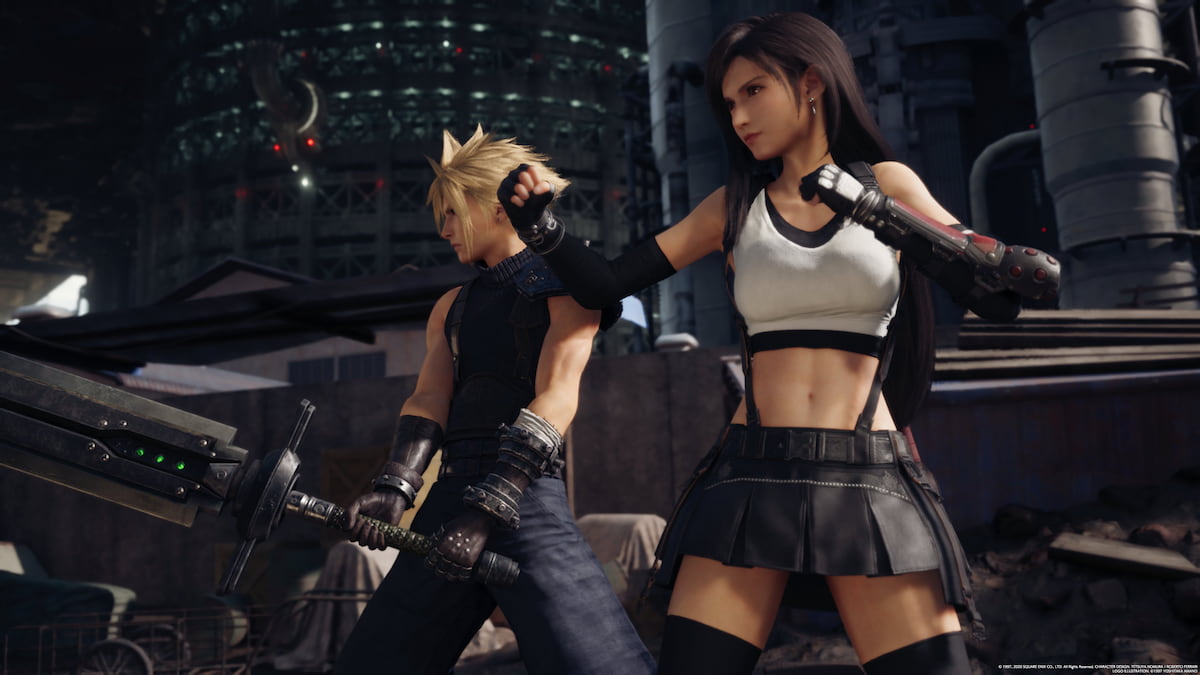
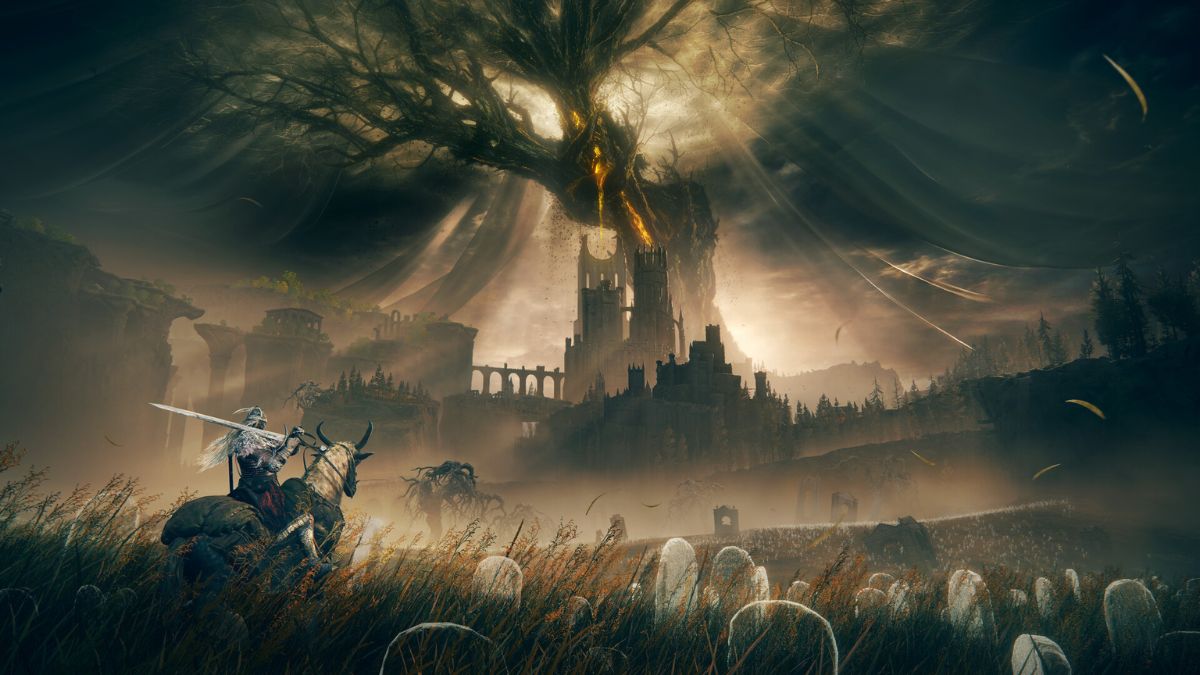
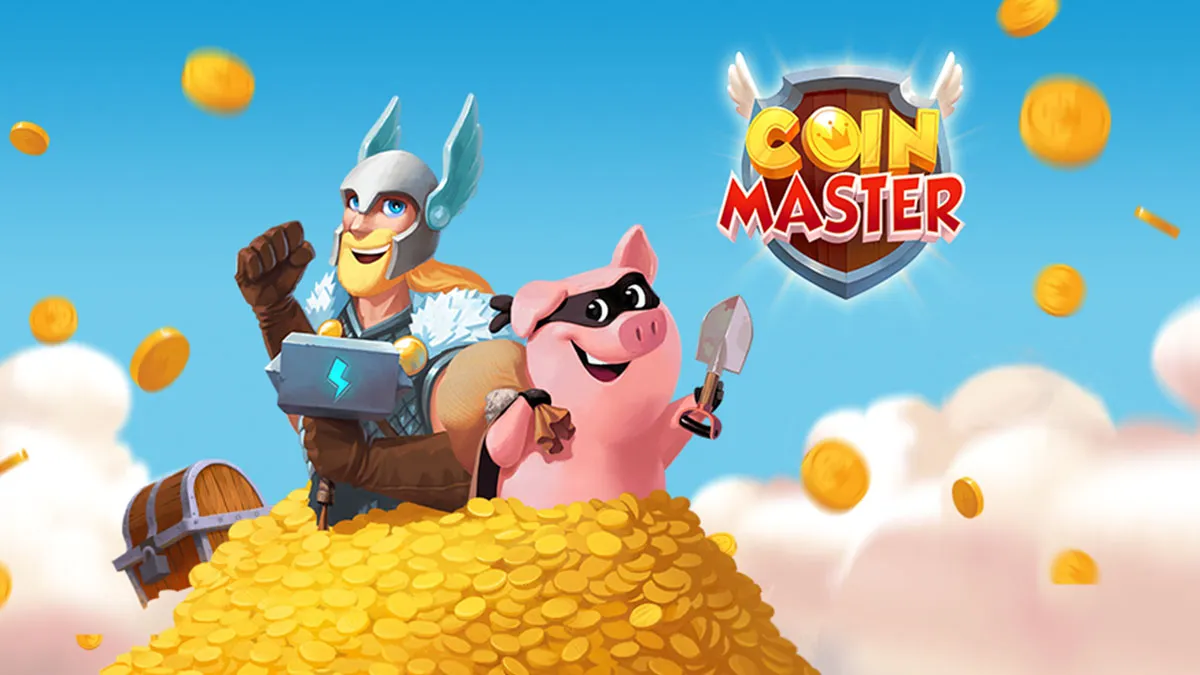
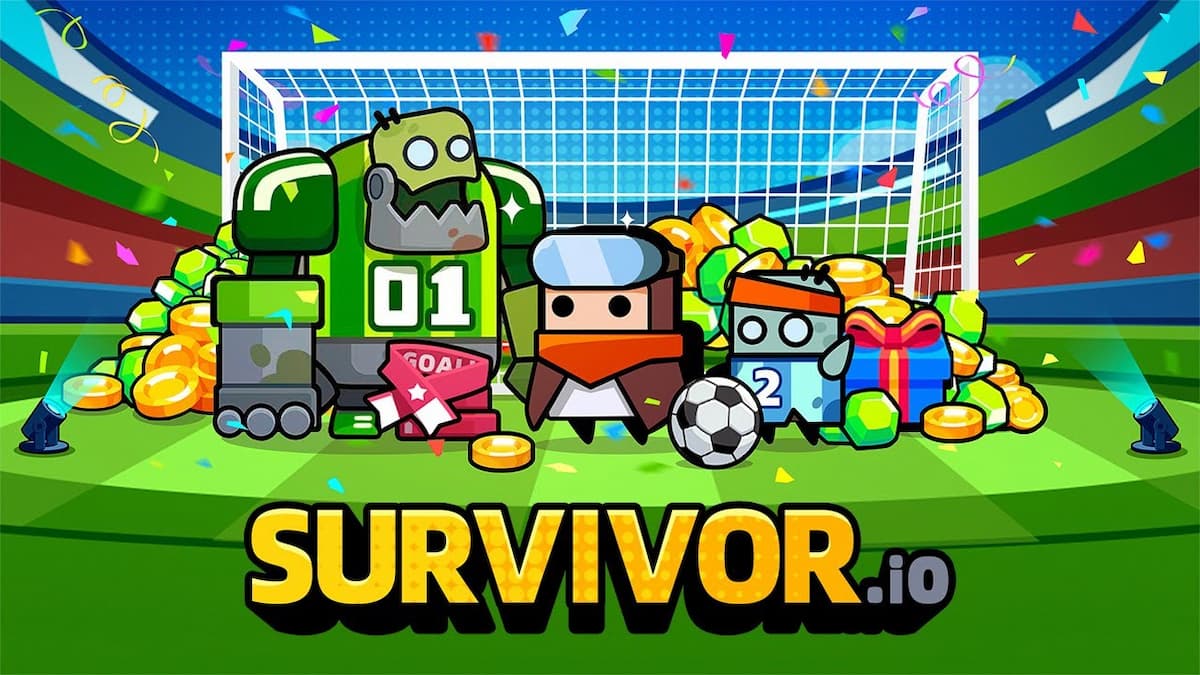

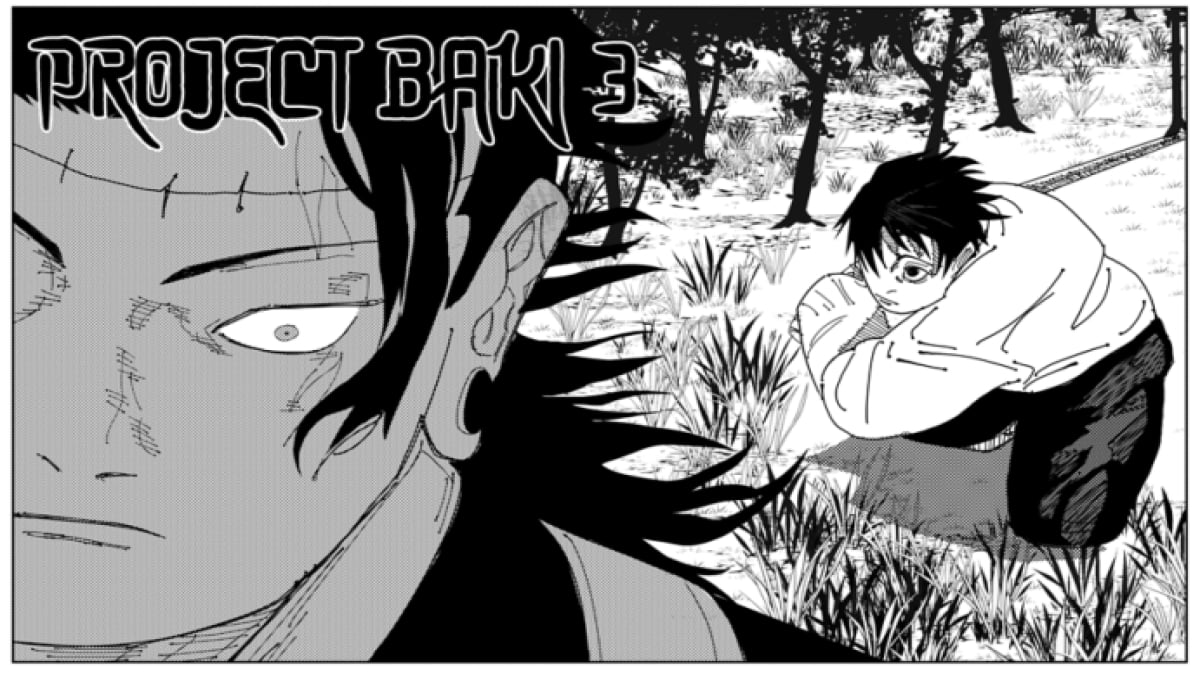
Published: Jun 27, 2022 12:12 pm